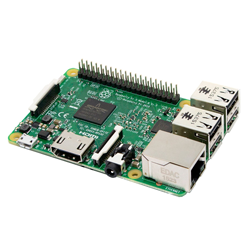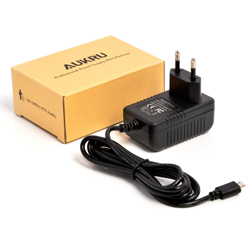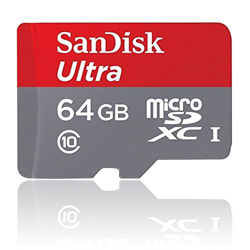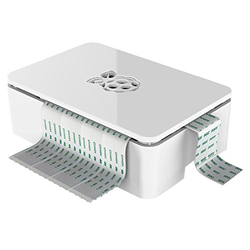
Transmission on OSMC, install a torrent client on your Raspberry Pi
ⓘ Cet article peut avoir été partiellement ou totalement traduit à l'aide d'outils automatiques. Nous nous excusons des erreurs que cela pourrait engendrer.
This tutorial follows our article dedicated to OpenSubtitle subtitles on OSMC. As a reminder, François L has set out to create the perfect tutorial to make OSMC completely independent!
Initially intended for his friends, François decided to share his work with the community. We worked together to put together a series of tutorials to help you set up OSMC.
In this article we will guide you step by step in installing Transmission, an open source torrent client, on your Raspberry Pi!
Prerequisites for installation Transmission on OSMC
As for our previous tutorial, we consider that you have already installed OSMC on your Raspberry Pi.
If this is not the case, see our tutorial on installing Kodi on the Raspberry Pi.
As a reminder, to install OSMC properly, you will need at least a Raspberry Pi 3, which will be coupled to a power supply, and will need a MicroSD card on which to install OSMC.
Installing a torrent client on OSMC
As for OpenSubtitle, everything will happen via the GUI. On OSMC, the torrent client we are interested in is available as an add-on. We will install Transmission via OSMC’s AppStore.
Select "My OSMC", then "APP STORE" and finally choose "Transmission Torrent Client".
Once selected, Transmission will install itself on your Raspberry Pi.
Now that Transmission is installed on the Raspberry Pi, we will have to configure it!
To realize the configuration of the torrent client, we need to connect to the Raspberry in SSH.
Configuring Transmission on Your Raspberry Pi
In this tutorial, we will configure our Torrent Transmission client to get a system with a hard drive connected to the Raspberry Pi 3, and where torrent-downloaded files are saved on this external hard drive.
Mounting an external hard drive on OSMC
When the machine starts, OMSC automatically mounts the hard disks in the /media folder.
So you will find your drive in this location:
/media/<name_hard_drive>
We will connect in SSH to change the transmission configuration.
If you have not changed them, the OSMC default SSH IDs are for the username osmc and for the password osmc too.
If you do not know how to connect in SSH to OSMC, you can follow our tutorial to learn how to connect to your Raspberry Pi with SSH.
Configure Transmission to save torrents to the external hard drive
Once the ssh connection is established, we will edit the configuration file of our client torrent.
To do this, use the following command:
sudo nano /home/osmc/.config/transmission-daemon/settings.json
It is in this file that we will specify where the files downloaded by transmission will register.
By default the downloaded files are located on the SD card, which is not ideal if you do not have much storage space!
We will therefore modify the path so that the files downloaded by OSMC are saved on our hard disk.
Go to the “download-dir” line and modify the line to have:
"download-dir": "/media/myDrive/Downloads"
We will do the same thing on the “incomplete-dir” line. This line shows the folder where the files are being downloaded.
Modify the line to have:
"incomplete-dir": "/media/myDrive/DownloadsTemp"
Once the paths have been changed, save the changes by pressing CTRL + X.
The editor will then ask you to save the modified file, type “Y” for yes.
Finally, it will ask you the name of the file to record, simply press the “Enter” key, without changing the file name.
The Transmission configuration is now complete.
Access to the torrent client Transmission on your Raspberry Pi
You can access the torrent client through a web browser. To do this, all you have to do is go to port 9091 on the IP of the Raspberry Pi. For example, here it gives 192.168.1.12: 9091.
You can also access Transmission from outside if you open port 9091 of your box. To do this, see our tutorial dedicated to opening ports and DynDNS.
Now that the torrent Transmission client is installed and configured on your Raspberry Pi, you can now download your movies directly to OSMC without having to go through a computer and transfer them to the Raspberry Pi.










Is there any way to control Transmission via daemon (remotely) ?
Absolutly no idea, sorry…